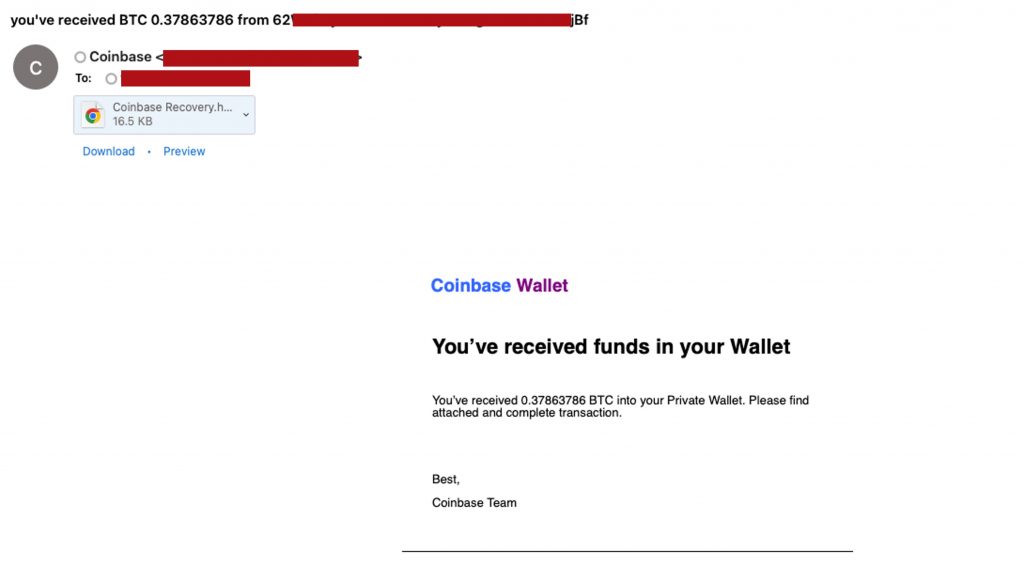Southwest Airlines, Coinbase, and USPS: Top Scams of the Week
This week we’ve found lots of phishing scams in which scammers are impersonating trusted brands, including Southwest Airlines, Coinbase, and USPS. Would you have been able to spot all these scams?
Phishing Scams
Impersonating trusted brands, scammers send text messages and emails containing phishing links, attempting to trick you into clicking under various pretenses, e.g. offering you a free gift, asking you to verify accounts, or prompting you to track a package.
What do they want? These links lead to phishing sites designed to record your personal identifiable informatin (PII), such as email address, credit card number, and Social Security number. With these credentials, scammers can drain your bank account, steal your identity, or commit any number of other crimes. Below are some examples.
Southwest Airlines
Have you started planning for a trip during the Holiday season? If you’re searching for the best deals on tickets, be careful of the latest Southwest Airlines phishing scam:

Falsely claiming that you can get a $100 Southwest Airlines gift card, scammers instruct you to fill out their online survey via the embedded button in the email. If you take the bait and click, it will take you to a fake Southwest Airlines page that will collect all the data you’ve submitted. Don’t let that happen!
Avoid Scam Sites for FREE
The truth is, there are lots of scams and scam sites on the internet and they’re getting harder to detect. For an easy and reliable method of detecting and avoiding scam sites, check out our free browser extension (Trend Micro ID Protection) and free mobile app (Trend Micro Check).
Both ID Protection and Trend Micro Check can protect you against scams, phishing links, risky websites, and lots more! If you come across something dangerous online, you’ll be alerted in real time so you’ll know to stay well clear
Coinbase
If you are using Coinbase or looking to invest in cryptocurrency, you should be on the lookout for bogus Coinbase emails:

Posing as Coinbase, scammers will send you a fake notification stating that you’ve received some bitcoins in your wallet and that you…




